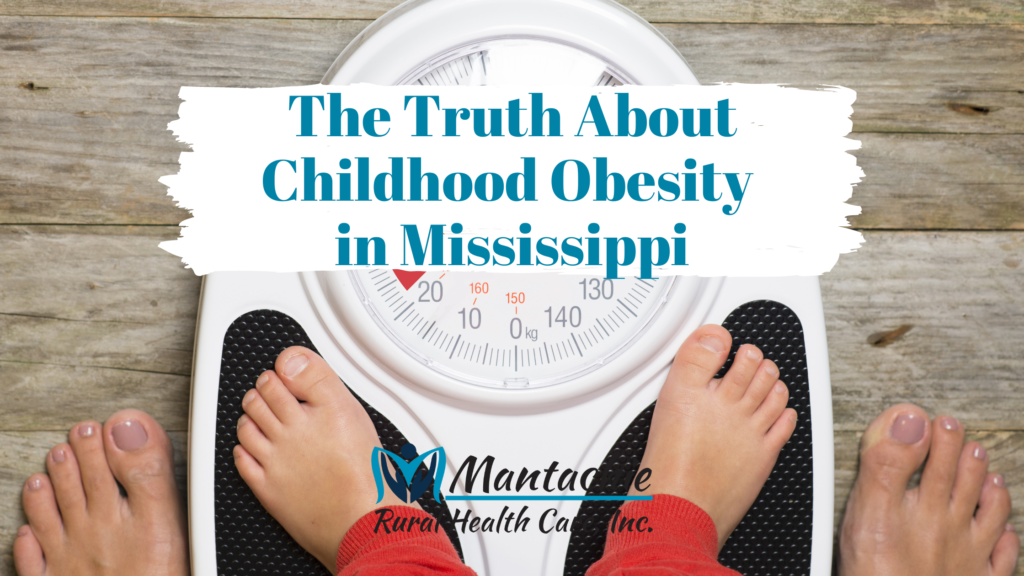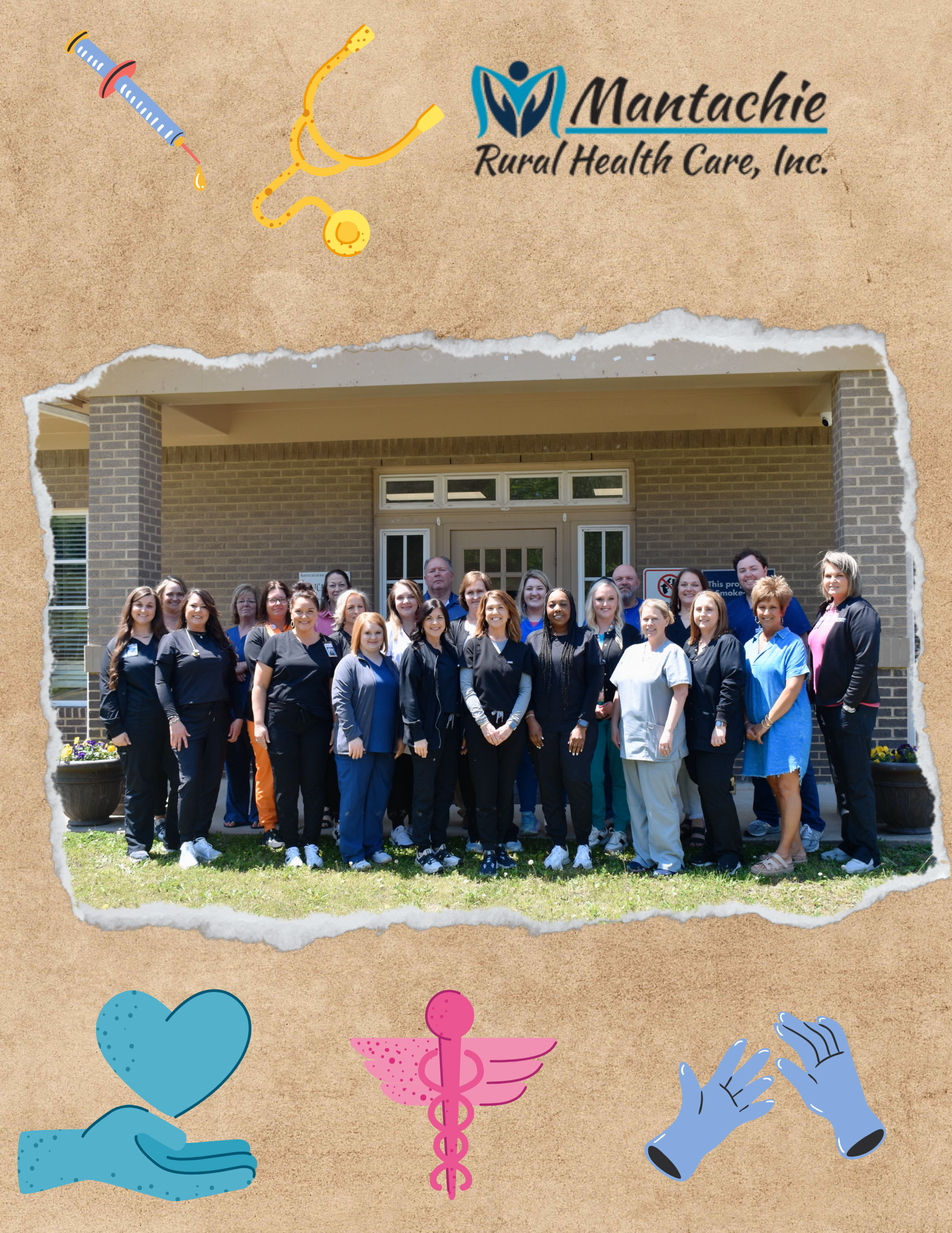
Nearly one in five Mississippi children and teens are obese. On a nationwide scale, more than 14.4 million children and adults are severely overweight or obese. Obesity can lead to a number of serious or even deadly health conditions. We know eating healthy and staying active are the keys to a longer, healthier life, so why does obesity continue to affect so many?
Why Mississippi Children are Affected by Obesity
According to the Mississippi Department of Health, our children and teens are less active and eat less nutritious meals than in the past. In surveys conducted, nearly 10 percent of high school students went a week without eating vegetables. If that’s not frightening enough, nearly 80 percent of those students said they did not participate in at least one hour of physical activity a day.
Other factors like the education level of children’s parents also impact obesity. Data by the Centers for Disease Control found that the prevalence of obesity was lower in households in which the head of household had higher education.
The community environment plays a major role in the prevalence of obesity. The environmental factors include the availability of healthy food and physical activity options as well as the nutrition habits of schools, childcare centers, and the community in general.
With all this in mind, however, genetics and behaviors are the greatest influences of obesity. Behaviors such as eating higher-calorie, low-nutrient foods and beverages, certain medications, and sleep routines all influence weight gain. Low physical activity and too much time spent on sedentary activities are also factors.
Health Risks Associated with Childhood Obesity
High blood pressure and high cholesterol seem like adult problems but they can actually affect children who are overweight or obese, too. Both conditions are high risk factors for heart disease. Children and teens who are overweight or obese are more likely to develop impaired glucose intolerance, insulin resistance, or type 2 diabetes. Obese children and teens are also at a higher risk of breathing problems like asthma and sleep apnea. Joint and musculoskeletal discomfort, fatty liver disease, gallstone, and gastroesophageal reflux disorder(GERD) are also more likely.
What Parents Can Do to Help
Parents have a greater impact on their children and obesity than you might think. The meals you serve at home and the physical activities you participate in yourself influence the food and activity choices your children will make.
The best thing you can do as a parent is to learn how to improve nutrition for your entire family. Kids and teens need at least five to seven servings of fruits and vegetables each day. Screen time should be extremely limited and physical activity should be strongly encouraged.
If you are struggling with incorporating healthy habits and meals, a great place to look for help is right here at Mantachie Rural Health Care. Our dietitian Erica Witcher, RDE, CDE, can teach you how to create healthy meals and encourage more physical activity in your family. To learn more about how our dietitian can help you, dial 662-282-4226.





Speak Your Mind